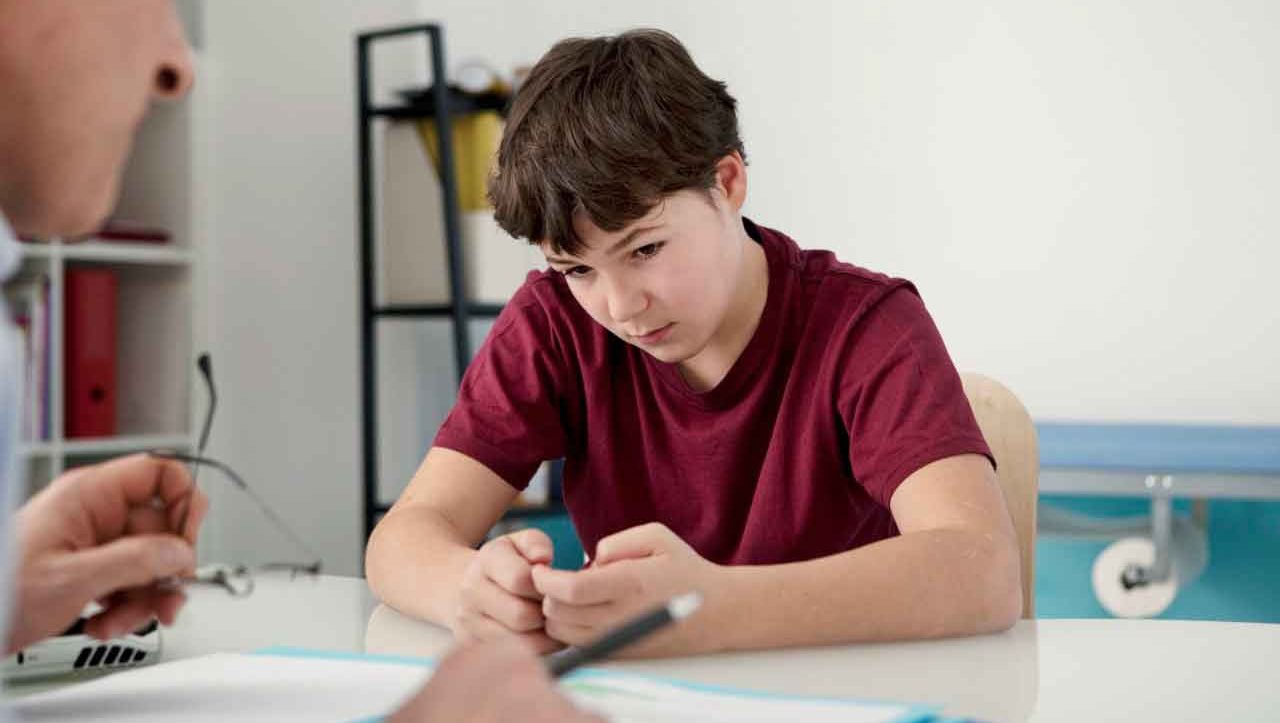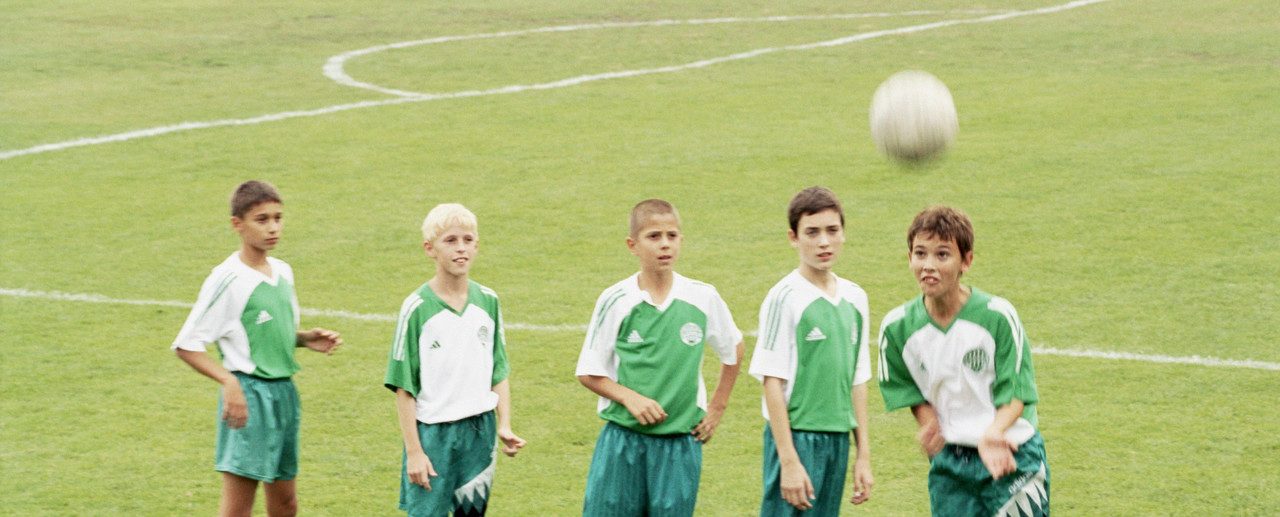February 23, 2018
What Makes Behavioral Treatment for ADHD Successful?

Attention deficit hyperactivity disorder (ADHD) is a vexing issue. It can be hard to differentiate age-appropriate behaviors like “having problems sitting still” from clinically significant markers. That said, trained specialists, especially those with much direct experience assessing children and conducting differential diagnosis, can achieve suitable levels of reliability when making clinical judgments about children who present with potential symptoms of ADHD. And when a diagnosis is made, it is important to get appropriate interventions, as ADHD can impact a child’s academic and social development.
YOU MIGHT ALSO LIKE: Should Preschoolers Be Treated for ADHD?
Pharmacological treatments – typically in the form of stimulant medications – are common for children diagnosed with ADHD. These certainly can benefit some youth when monitored appropriately. That said, behavioral treatment is an essential, though sometimes overlooked, component of a maximally effective intervention plan. These interventions can help give kids cognitive and social skills that can greatly improve their overall functioning at home and in school. There are a number of interventions that have been evaluated scientifically and show evidence of benefits. These can include parent training approaches, school-based interventions that use techniques like behavioral modification, and even summer programs.
While these different approaches have been shown to improve functioning, recent scholarly reviews point to one key factor that leads to the greatest improvements when trying to modify disruptive behaviors in a child. This factor is direct involvement of a parent (a “parent component”) in the mode of treatment. For example, a review of many published studies concluded that while treatment approaches that focused just on the child were more effective than control conditions, much greater gains were observed when an approach was used that directly included a parent. In addition, it is important to note that combining effective psychosocial interventions with well-managed medication regimens may offer the most impactful treatment plan.
There are two essential takeaway messages if you have a child with ADHD. First, it is critical to seek out psychosocial treatment, even if you are finding improvements attributable to medications. Psychosocial interventions not only provide empirically established “value-added” benefits, they offer a foundation for a child’s developmental growth, across personal, academic, and social domains. Second, the evidence suggests that the most effective psychosocial treatments will be those that include you as part of the intervention. This is good news for a parent. We all want to be able to directly help our kids navigate their challenges as they grow up. Such an opportunity exists when a child has ADHD.


